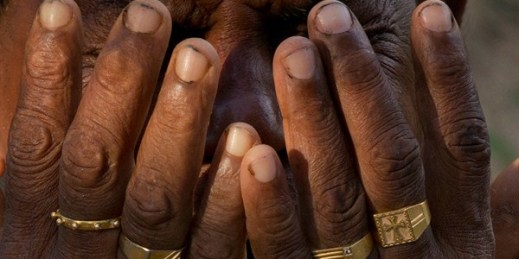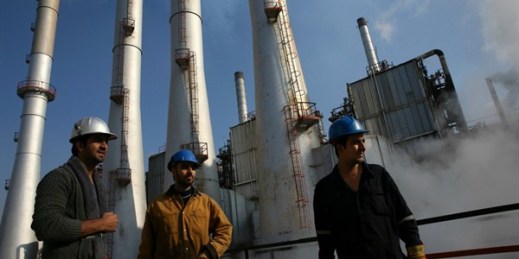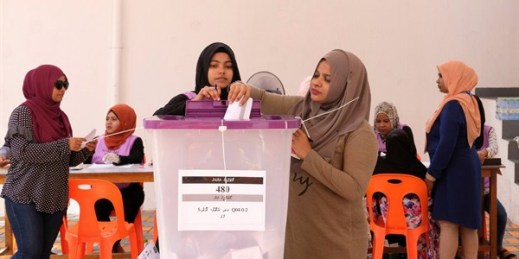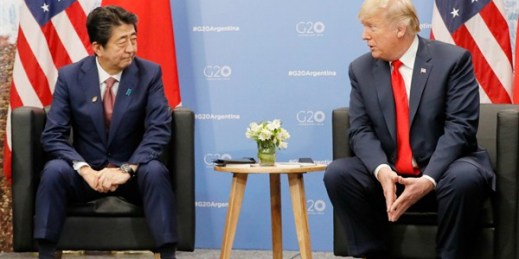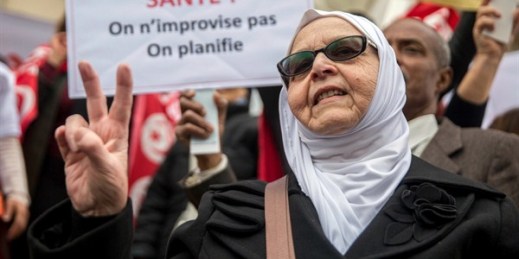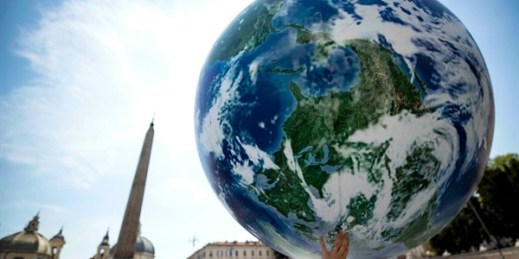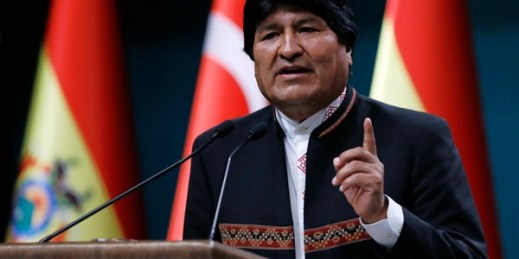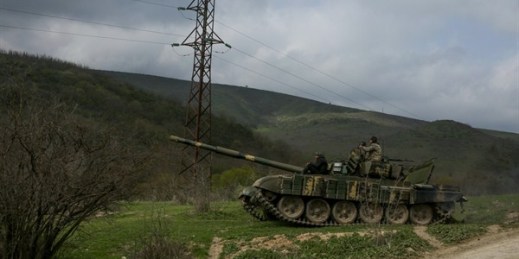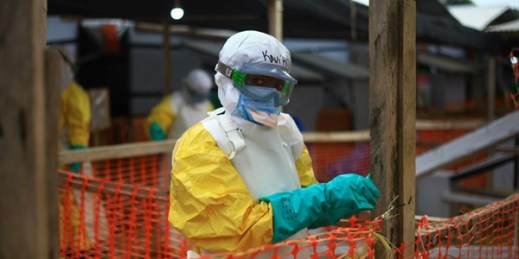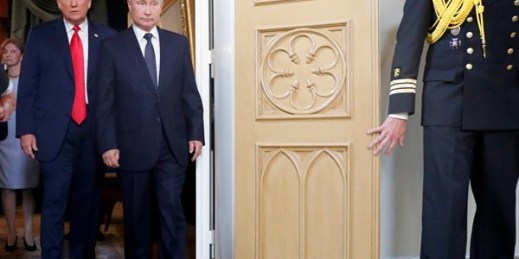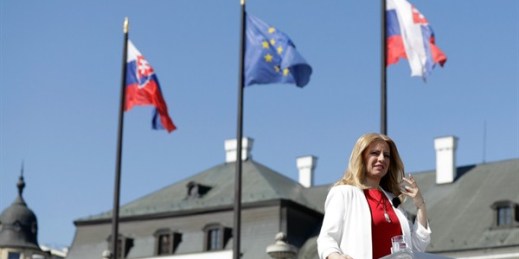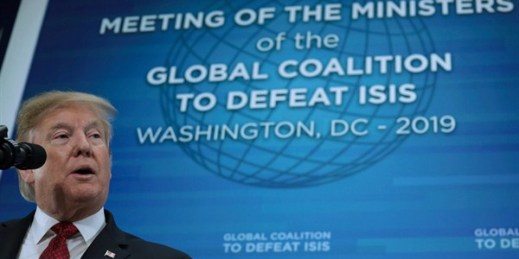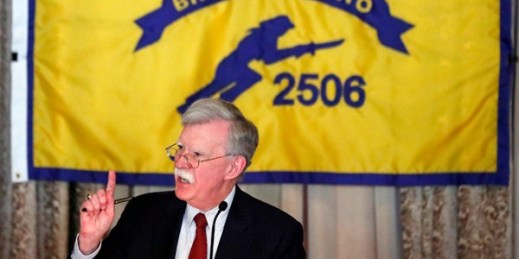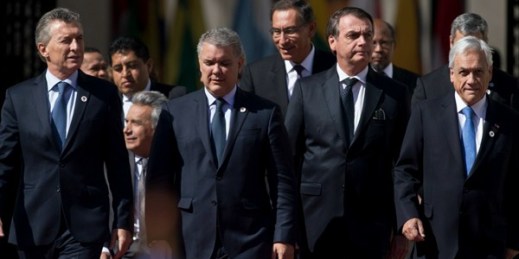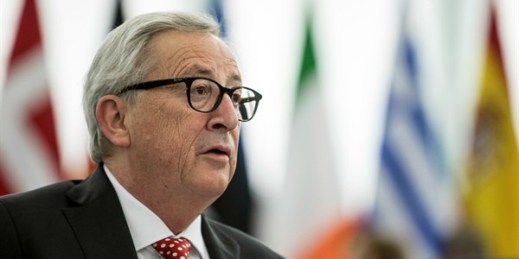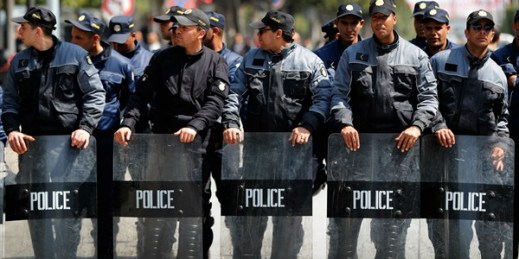
Tunisia is often considered a success story compared to other Arab countries caught up in the popular uprisings of 2011. Unlike Syria and Libya, it has been spared armed conflict. And unlike Egypt, which is descending deeper into authoritarianism, it has implemented impressive democratic reforms. Yet such comparisons risk overlooking the many ways in which Tunisia is still fragile eight years after protests toppled longtime President Zine El Abidine Ben Ali. As Francisco Serrano notes in this week’s in-depth report for WPR, the security forces are struggling to counter the threat posed by Islamist extremists based near the border with […]

